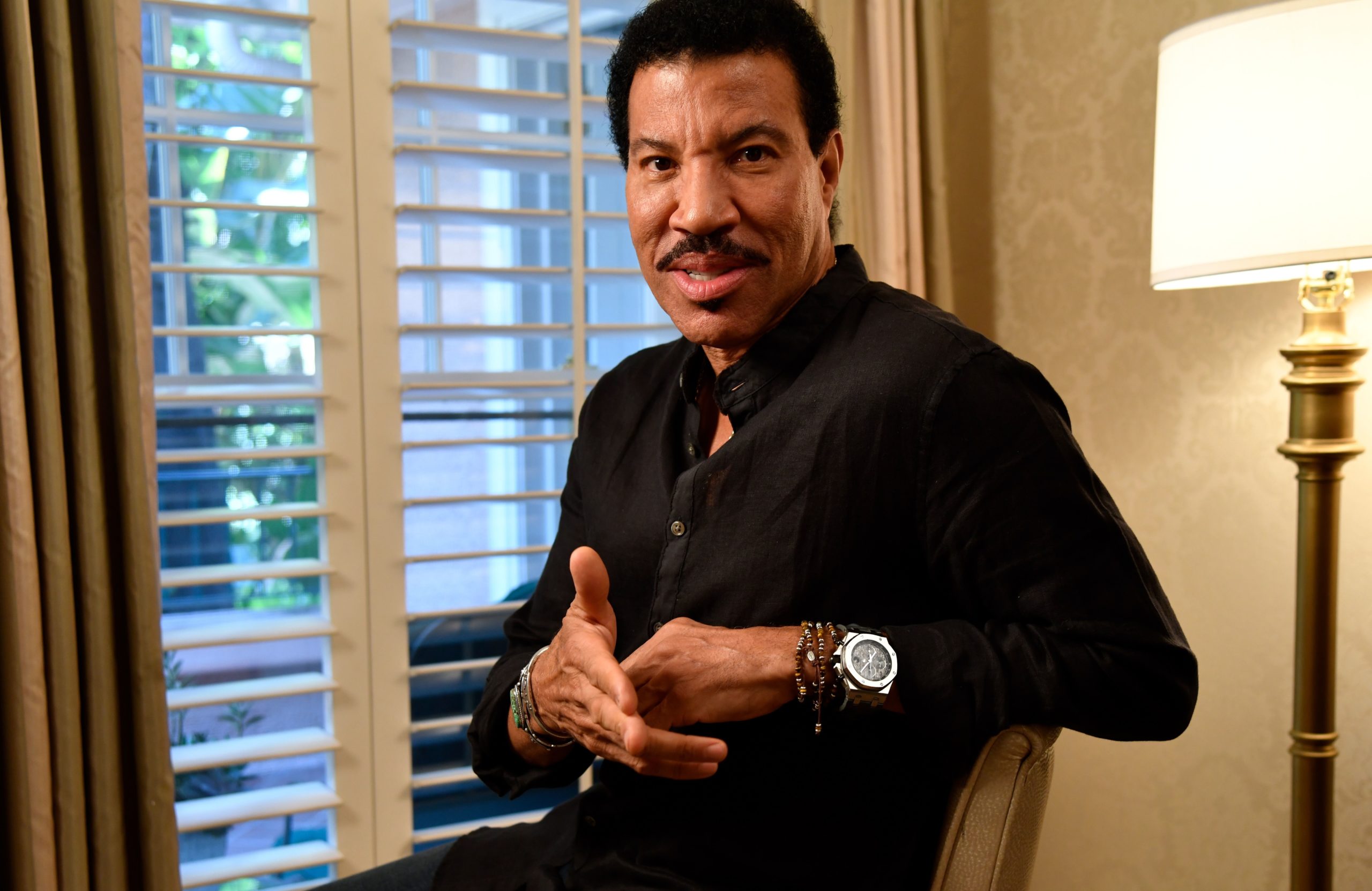From Commodores to Solo Legend: The Musical Journey of Lionel Richie
In the vast landscape of popular music, only a handful of artists have managed to reinvent themselves while maintaining an enduring emotional connection with audiences across decades. Lionel Richie stands among that select few. His story is not just about chart-topping hits or sold-out concerts—it is about transformation, resilience, and the ability to turn personal artistry into a universal language.
The journey began at Tuskegee Institute in Alabama, where Richie first found himself surrounded by young musicians experimenting with funk, soul, and R&B. In 1968, he co-founded the Commodores, a band that would soon rise to prominence under the Motown label. Known for their energetic performances and infectious grooves, the Commodores earned their place in funk history with songs like “Brick House” and “Machine Gun.” But within that funk powerhouse, Richie’s softer, heartfelt songwriting began to emerge as a defining force.

It was Richie who penned the tender ballads that balanced the band’s catalog. Tracks like “Easy” and “Three Times a Lady” showed the world a different side of the Commodores—one that tugged at the heartstrings. These songs hinted at Richie’s future as a solo artist. Fans began to notice that while the Commodores could make them dance, it was Richie who could make them feel.
By the early 1980s, the pull toward a solo career was undeniable. In 1982, Richie released his self-titled debut album, launching hits like “Truly.” The song not only topped the charts but also earned him a Grammy, signaling the beginning of a new era. Richie was no longer just the soulful heart of a band; he was becoming a global icon in his own right.

The true explosion came with his second album, Can’t Slow Down (1983). With over 20 million copies sold worldwide, it remains one of the most successful albums in pop history. Songs like “All Night Long (All Night)” showcased his ability to bring joy and rhythm to the dance floor, while “Hello” and “Stuck on You” demonstrated his unmatched gift for romantic ballads. The album won the Grammy Award for Album of the Year, cementing Richie’s transition from band member to solo legend.
One of the pinnacles of his career arrived with “Say You, Say Me” (1985), written for the film White Nights. The track not only topped charts but also won an Academy Award and a Golden Globe, proving Richie’s talent extended far beyond the recording studio. By the mid-1980s, he was one of the world’s most recognizable voices, performing at global events like We Are the World—which he co-wrote with Michael Jackson.
What sets Richie apart is not just the breadth of his hits but the emotional consistency of his music. Whether with the Commodores or as a solo artist, he has always understood the power of simplicity. His lyrics speak directly to the listener—no complex metaphors, no layers of pretense—just clear, heartfelt truths about love, loss, and life. That universality explains why his songs have been played at weddings, family gatherings, and even funerals around the world.
As the decades passed, Richie’s relevance never disappeared. The 1990s and 2000s saw him release new music, tour internationally, and remain a household name. His role as a judge on American Idol in recent years has introduced him to younger audiences, ensuring that the Lionel Richie legacy continues across generations. Instead of fading into nostalgia, he has chosen to evolve, sharing wisdom with aspiring singers while still performing his own timeless classics.

The arc from Commodores to solo stardom is more than a career shift—it is a lesson in growth. Richie embraced his roots in funk and soul but allowed himself to follow his true strength: writing songs that spoke to the heart. In doing so, he not only secured his own legacy but also expanded the emotional vocabulary of popular music itself.
Today, Lionel Richie is celebrated not only for his awards—multiple Grammys, an Oscar, a Golden Globe, and the Kennedy Center Honors—but also for his humanity. He remains approachable, humble, and deeply aware that his music belongs as much to the people who sing along as it does to him.
From the raw energy of the Commodores to the polished brilliance of his solo career, Lionel Richie’s journey is a testament to what happens when an artist listens to both the beat of the world and the quiet rhythm of his own heart. He is not just a performer of the past—he is a timeless storyteller whose ballads, anthems, and melodies will echo for generations to come.